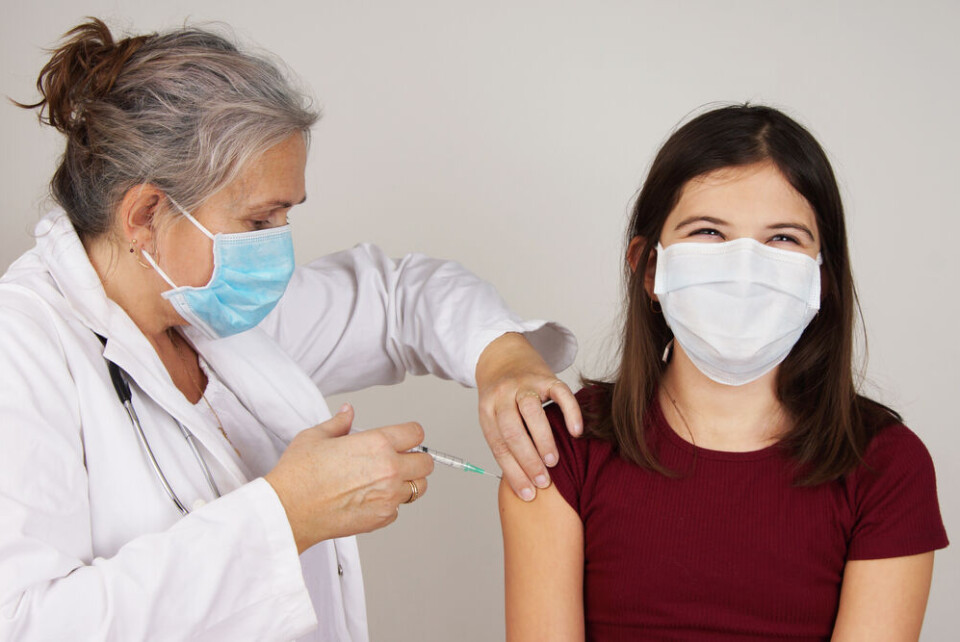-
Warnings after dog poisonings in south of France countryside
More than 20 dogs, including truffle hunting animals, have been poisoned by mysterious pellets
-
Poll: People in France very attached to local public services
Almost four in 10 would support paying more tax to ensure services remain well-funded
-
US ambassador in France snubs official summons over controversial social media post
It is the second time Charles Kushner has failed to attend a summons from the French Foreign Ministry
France opens up Covid-19 vaccinations to 12 to 17-year-olds
Health Minister hopes that extending vaccinations to collège and lycée students will mean classes can remain open at the start of the new school year

Children from the age of 12 can now be vaccinated against Covid-19 in France, as long as they have parental consent, with the government hoping to avoid class closures when schools reopen after the summer holidays.
Health Minister Olivier Véran told TF1 that opening up the programme to under 18s from Tuesday, June 15, would, 'accelerate the movement towards collective immunity'.
Read more: ‘90% vaccination needed for herd immunity in France’
He added that he hoped a successful vaccination programme of schoolchildren over the summer holidays would avoid having to close 'too many classes in collèges or lycées at the beginning of the [new] school year'.
As with adults, vaccinations against the virus are voluntary for children. There is no requirement for them to be inoculated against Covid-19 in order to attend collège or lycée.
So far, only one vaccine - manufactured by Pfizer/BioNTech - has been authorised for under 18s in France. That means eligible children will require two shots to be fully vaccinated.
Appointments can be booked in the usual manner - directly with a GP or pharmacy, or via apps such as DoctoLib or Vitemadose.
Under-18s will require a consent form - an attestation - from their parents. The parental consent form is available as a .pdf document here, or it can be downloaded from your Ameli account, or at the point of making an appointment using DoctoLib.
Once fully vaccinated, under 18s will be able to use their pass sanitaire to access large-scale events like gigs, festivals and sporting events, and travel.
























